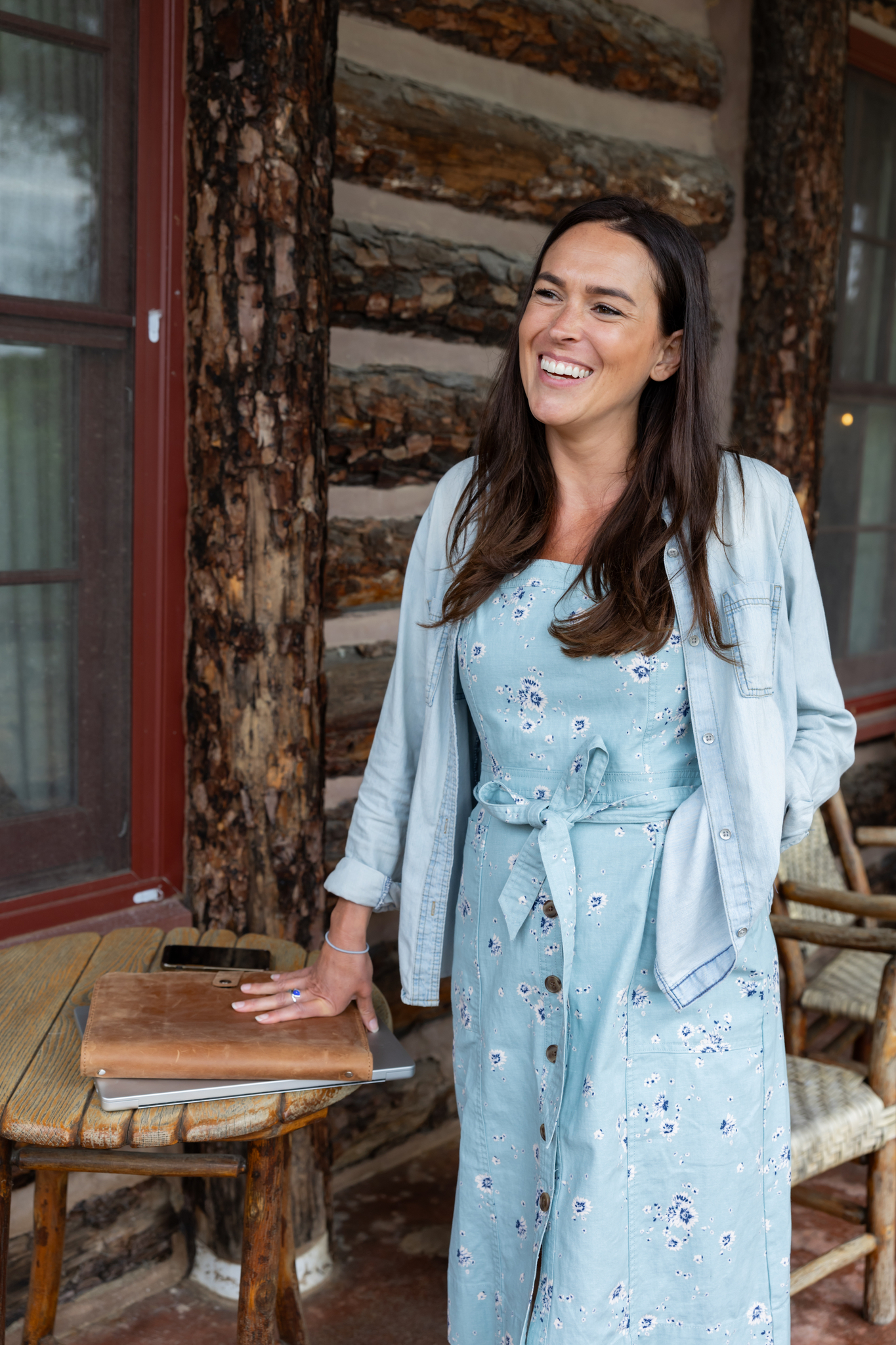- For more information and resources from Cheryl, check out Sexting Solutions.
- Get on our email list and keep up-to-date with what I am doing! https://luminaryleadershipco.com/insider
- Did this episode resonate with you? Help spread the message by rating and leaving a review for the show here!
Episode 149: What Every Parent Needs to Know When it Comes to Porn, Sexting and Technology with Cheryl Kosmerl

December 12, 2022
Free DOWNLOAD!
READY FOR MASSIVE CLARITY AND PRODUCTIVITY?
The 30-minute, step-by-step guide to gain clarity, get out of the weeds of your business, and get more needle moving things done in way less time.

featured posts:
Stepping away from business – whether for maternity leave, a sabbatical, or even just a needed pause – brings every founder face-to-face with one of the most confronting questions in leadership: What happens when I’m not in the room? Before I stepped away for maternity leave, I found myself staring at my calendar asking that […]
READ THE POST

featured posts:
If you’re trying to build a business as a mom entrepreneur, but something still feels off – like the path you’re following was never actually meant for you – you’re not alone. You don’t have to build it like they did. You weren’t meant to. That quiet tension you’ve been feeling – like something just […]
READ THE POST

featured posts:
If you’ve ever felt like scaling your business came at the expense of your family, or your health… you’re not alone. In fact, you’re in the majority. A recent study found that over 65% of faith-driven entrepreneurs say their business success came at the cost of personal peace and family connection. Let that sink in. […]
READ THE POST
On the Air
The Your Big Next Podcast
We take the guesswork out of unlocking your full potential as an entrepreneur. We'll give you the secrets to make more money, create more freedom, and have more margin, all while still making your family a priority...
Our Services
We love serving ambitious entrepreneurs like you who are ready to break through to their next level of potential in business, leadership, and live. This is how we do it!
Emails people are clamoring over and talking about...
You're no ordinary leader. You're building your dream differently — with your values and family in tact, and your potential uncorked! This is the spot where I share the super personal stuff to the behind-the-scenes of what works (and what doesn't) in our business. It's also where we can chat!
See ya in the inbox!
Join the No Ordinary
Leader Community
Creating Influential Leaders in Entrepreneurship: BTS + big news only shared to my insiders!